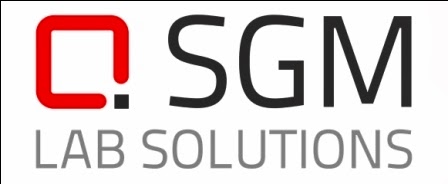A rebound hammer is an instrument to determine the
durability of rock or concrete. Since this is an essential factor of
architectural design and is specified for conformity reasons, it is vital to
know the durability of the concrete. This hammer is also known as the Schmidt
Hammer. The rebound hammer test is
based on the most crucial that the rebound of an elastic mass relies on the
solidity of the outer lining area against which the huge impinges. When testing
the effect secure of the rebound hammer attacks the outer lining area of the concrete
with a described power. After the effect, a steel body, the so-called hammer
rebounds.
Types of Rebound
Hammer:
1.
Concrete Rebound Hammer
2.
Digital Rebound Hammer
3.
Schmidt Rebound Hammer
4.
Digital Schmidt Rebound Hammer
5.
RCPT (Rapid Chloride Permeability Test)
1.
Concrete Rebound Hammer:
Concrete Test Hammer, preferably
suitable for on-site assessments of concrete and is widely used device for analyzing
the consistency and compression strength characteristics of concrete structures
and Recognition of poor areas in the concrete. Rebound values are read from a
scale for subsequent calculation of the mean. Compressive strength values can
be read from a conversion diagram.
2.
Digital Rebound Hammer
Digital test hammers are a
high level, completely automated system for calculating concrete compressive
strength. Its calculation, memory and recording functions allow for quick, easy
and accurate test results. Discard values for multiple test results can be set; the
mean, median and compressive strength can also be calculated. The addition of
modern microprocessor technology allows the data to be stored, printed and
transferred to a personal computer for further analysis, or inclusion in your
reports.
3.
Schmidt Rebound Hammer
The Schmidt rebound hammer is
principally a surface hardness tester. The Original Schmidt is available in models with different impact energies,
each test hammer designed for a specific test application.
4.
Digital Schmidt Rebound Hammer
Digital Schmidt rebound hammer
is the most advanced instrument in its category with follows:
- — The instruments body lies very
comfortably in the hand. The display is highly readable under any conditions.
- — A two-layer seal prevents dust
and dirt from penetrating to the interior of the instrument.
- — The forward and the rebound
velocity of the hammer mass are both measured in close proximity to the point
of impact. The rebound value needs no angular modification.
5.
RCPT (Rapid Chloride
Permeability Test)
The PROOVE´ it system
is used to evaluate the resistance of concrete to the ingress of chloride ions
in two ways:
By identifying how simple it is to force chloride ions into saturated concrete by
implementing an electrical potential across a test sample according to AASHTO T
277 or ASTM C1202. This is known as the
"Coulomb Test" or the "Rapid Chloride Permeability Test
(RCPT)."
